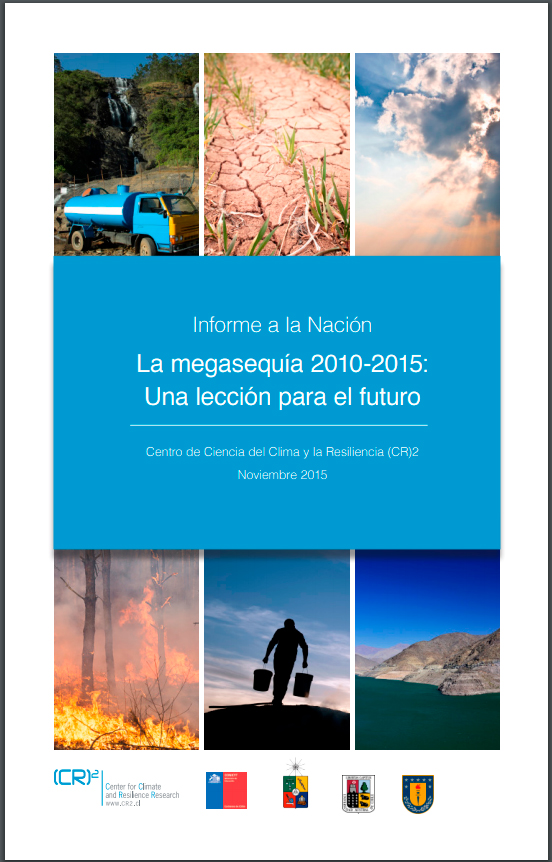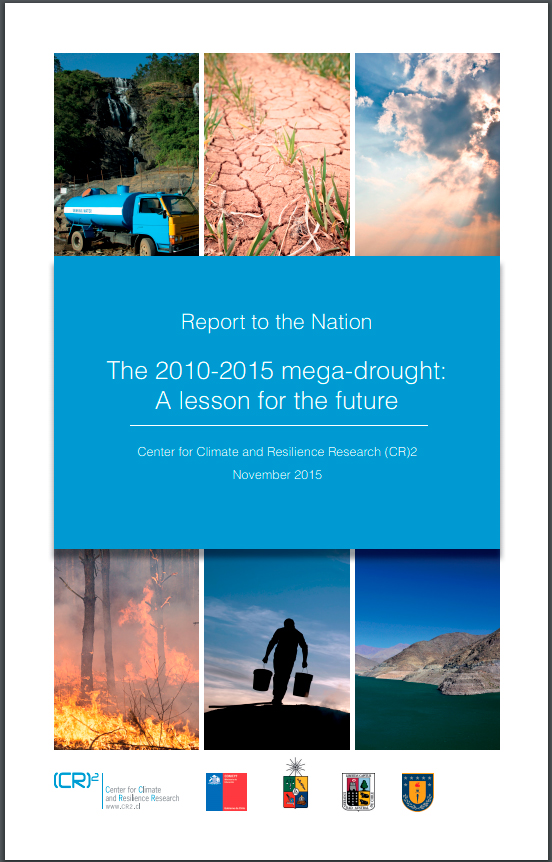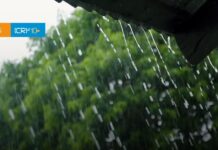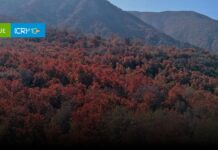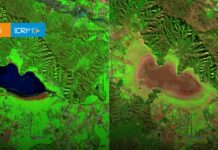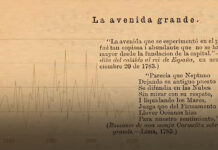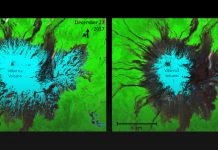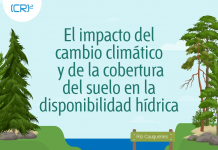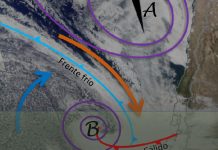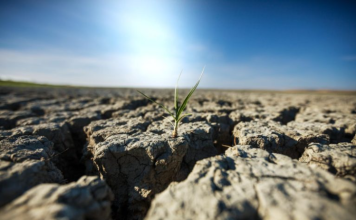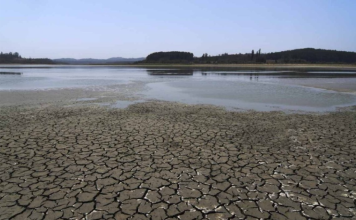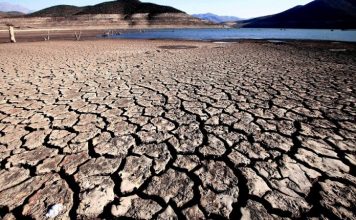R. Aguayo, J. Leon, J. Vargas-Baecheler, A. Montecinos, R. Garreaud, M. Urbina, D. Soto and J. Iriarte, 2019: The Glass Half-Empty: Climate Change Drives Lower Freshwater Input in the Coastal System of the Chilean Northern Patagonia. Climatic Change. https://doi.org/10.1007/s10584-019-02495-6
R. Garreaud, JP. Boisier, R. Rondanelli, A. Montecinos, H. Sepúlveda and D. Veloso-Águila, 2019: The Central Chile Mega Drought (2010-2018): A Climate dynamics perspective. International Journal of Climatology. 1-19. https://doi.org/10.1002/joc.6219
Boisier, J.P., C. Alvarez-Garreton, R. Cordero, A. Damian, L. Gallardo, R. Garreaud, F. Lambert, C. Ramallo, M. Rojas, R. Rondanelli, 2019: Anthropogenic drying in central-southern Chile evidenced by long term observations and climate model simulations. Elementa, In press.
Masotti, I., P. Aparicio-Rizzo, M. Yevenes, R. Garreaud, L. Belmar and L. Farias, 2019: The influence of river discharge on nutrient export and phytoplankton biomass off the Central Chile coast (33º-37ºS). Seasonal cycle and interannual variability. Frontiers Mar. Sci. – Coastal Ocean Processes. In press
Núñez Cobo, J, R. Garreaud and K. Verbist, 2018: Sequías en Chile. En Atlas de Sequía de América Latina y el Caribe (Núñez Cobo, J. y K. Verbist, Eds.). 2018. UNESCO y CAZALAC, 204p
Urrutia-Jalabert, R., González, M., González-Reyes, A., Lara, A., Garreaud, R. 2018: Climate variability and forest fires in central and south-central Chile. Ecosphere, 9(4):e02171. 10.1002/ecs2.2171
González, M., Gómez-González, S., Lara, A., Garreaud, R., Díaz-Hormazábal, I. 2018: The 2010-2015 Megadrought and its influence on fire activity in south-central Chile. Ecosphere, 9, 1-17. DOI e02300.10.1002/ecs2.2300
Urquiza, A. and M. Billi, 2018: Water markets and social-ecological resilience to water stress in the context of climate change: an analysis of the Limarí basin, Chile. Environment, Development and Sustainability. DOI: 10.1007/s10668-018-0271-3
Garreaud, R., C. Álvarez-Garretón, J. Barichivich, J.P. Boisier, D.A. Christie, M. Galleguillos, C. LeQuesne, J. McPhee, M. Zambrano-Bigiarini, 2017: The 2010-2015 mega drought in Central Chile: Impacts on regional hydroclimate and vegetation. Hydrology and Earth System Sciences, doi:10.5194/hess-2017-191.
Garreaud, R., 2017: Record breaking climate anomalies lead to severe drought and environmental disruption in Western Patagonia. Climate Research. 74, 217-229. https://doi.org/10.3354/cr01505
Aldunce, P., Araya, D., Sapiains, R., Ramos, I., Lillo, G., Urquiza, A., Garreaud, R.: Local perception of drought impacts in a changing climate: the Mega-drought in central Chile. Sustainability, 9, 2053; doi:10.3390/su9112053
Aldunce, P., R. Bórquez, C. Adler, G. Blanco and R. Garreaud, 2016: Unpacking resilience for adaptation: incorporating practitioners experiences through a transdisciplinary approach, the case of drought in Chile. Sustainability, 8, 1-21. doi:10.3390/su8090905
Aldunce, P., Lillo G. Araya D,. Maldonado P. Gallardo L., 2017: Evaluating adaptation to drought in a changing climate: experience at the local scale in the Aconcagua Valley. Artículo presentado a Climate and Development.
Boisier, J.P., R. Rondanelli, R. Garreaud, F. Muñoz, 2016: Natural and anthropogenic contributions to the Southeast Pacific precipitation decline and recent mega-drought in central Chile. Geophysical Research Letters, 43, doi:10.1002/2015GL067265.

